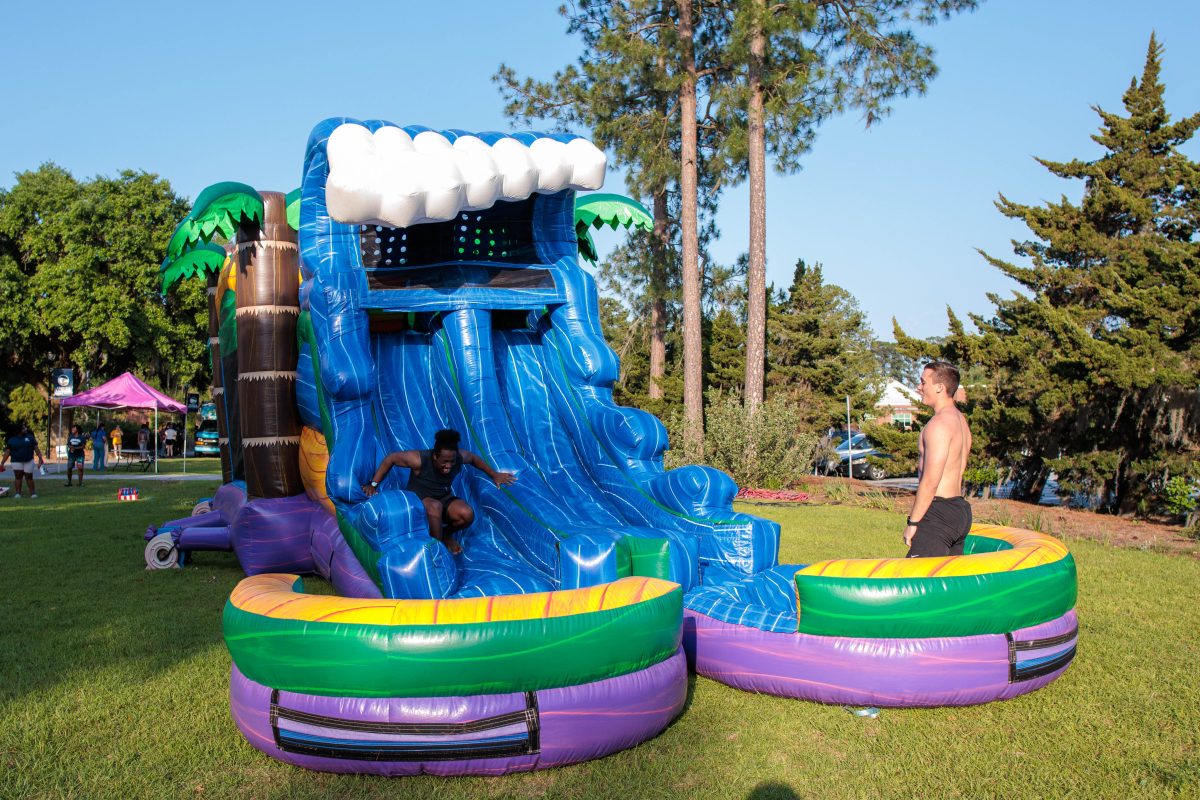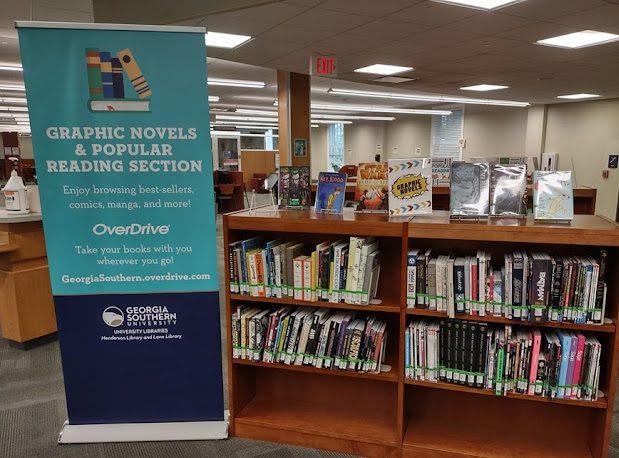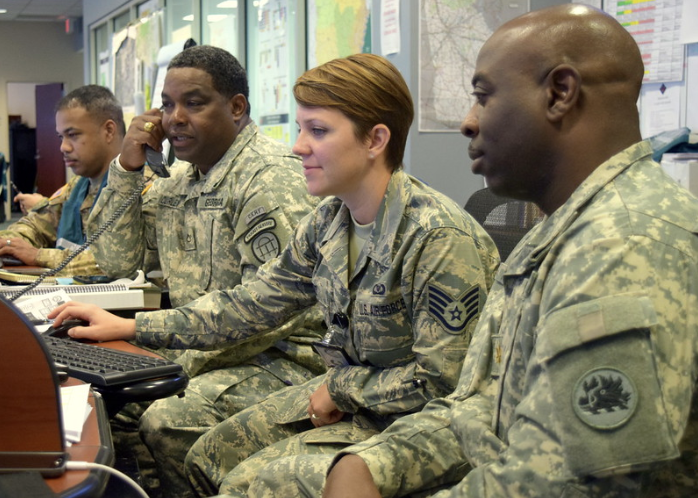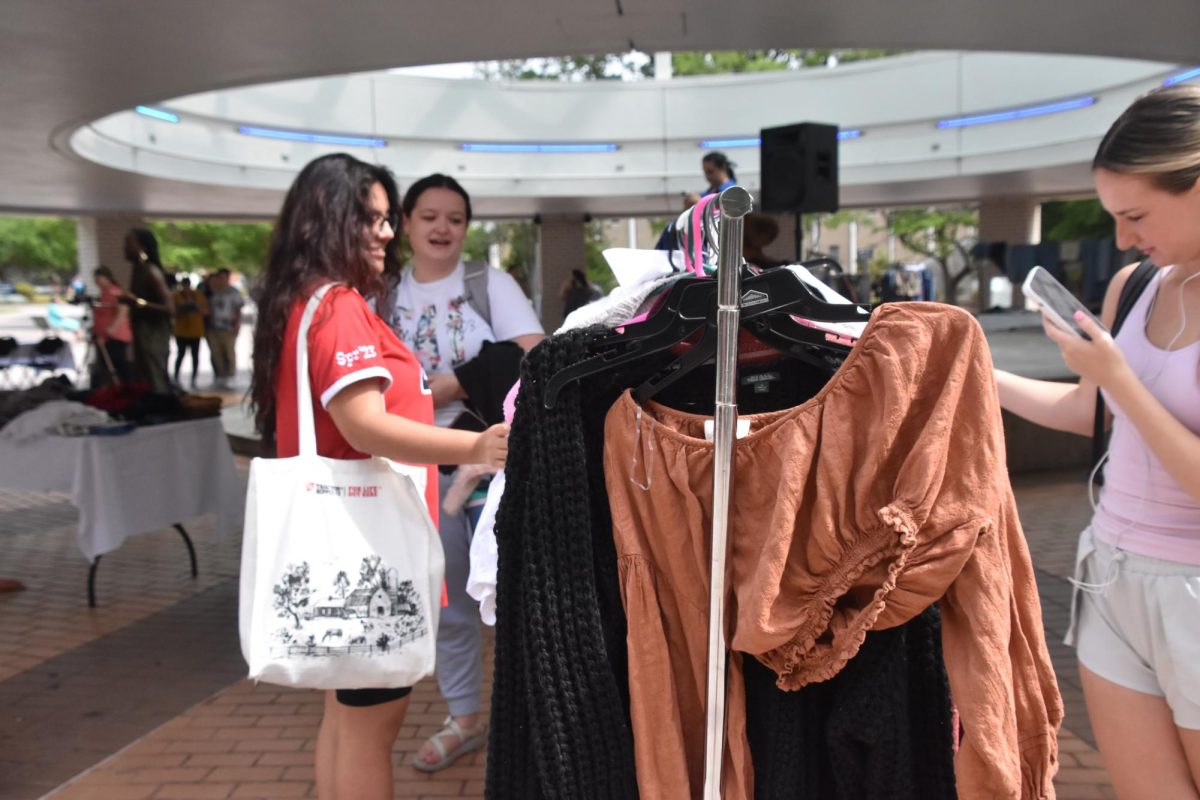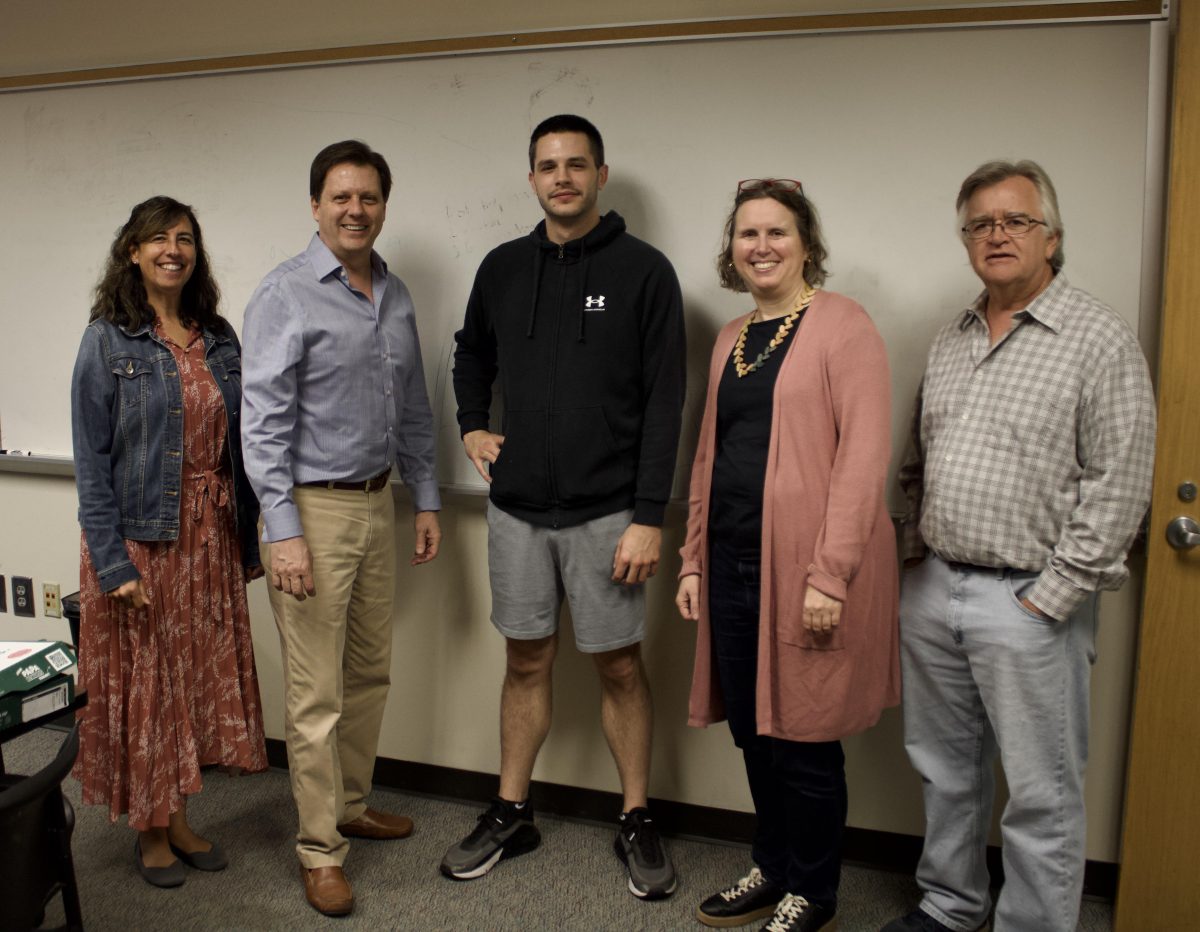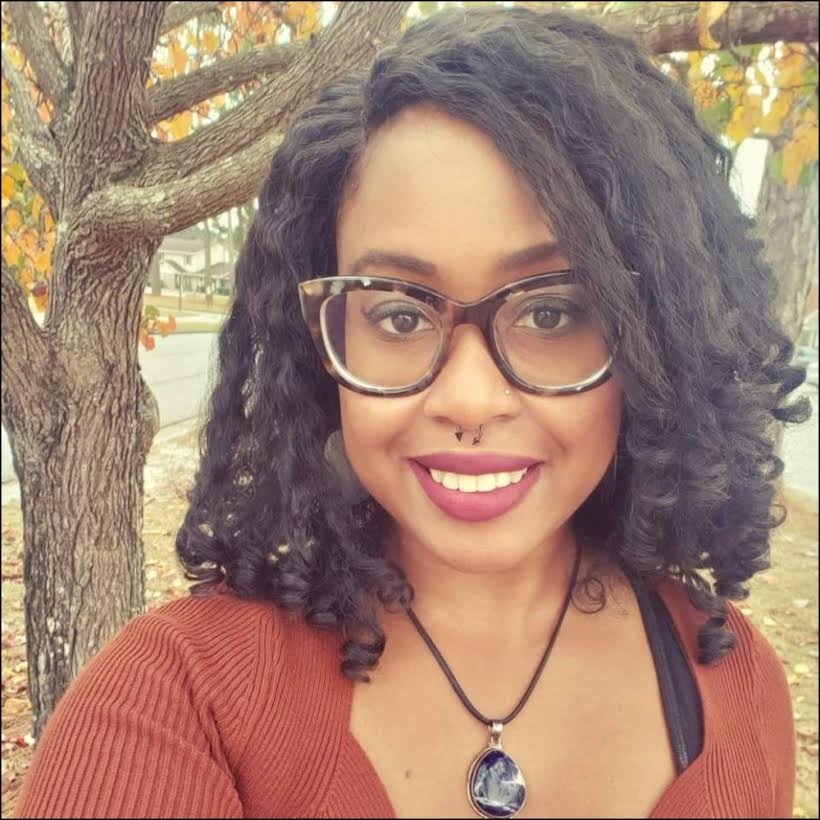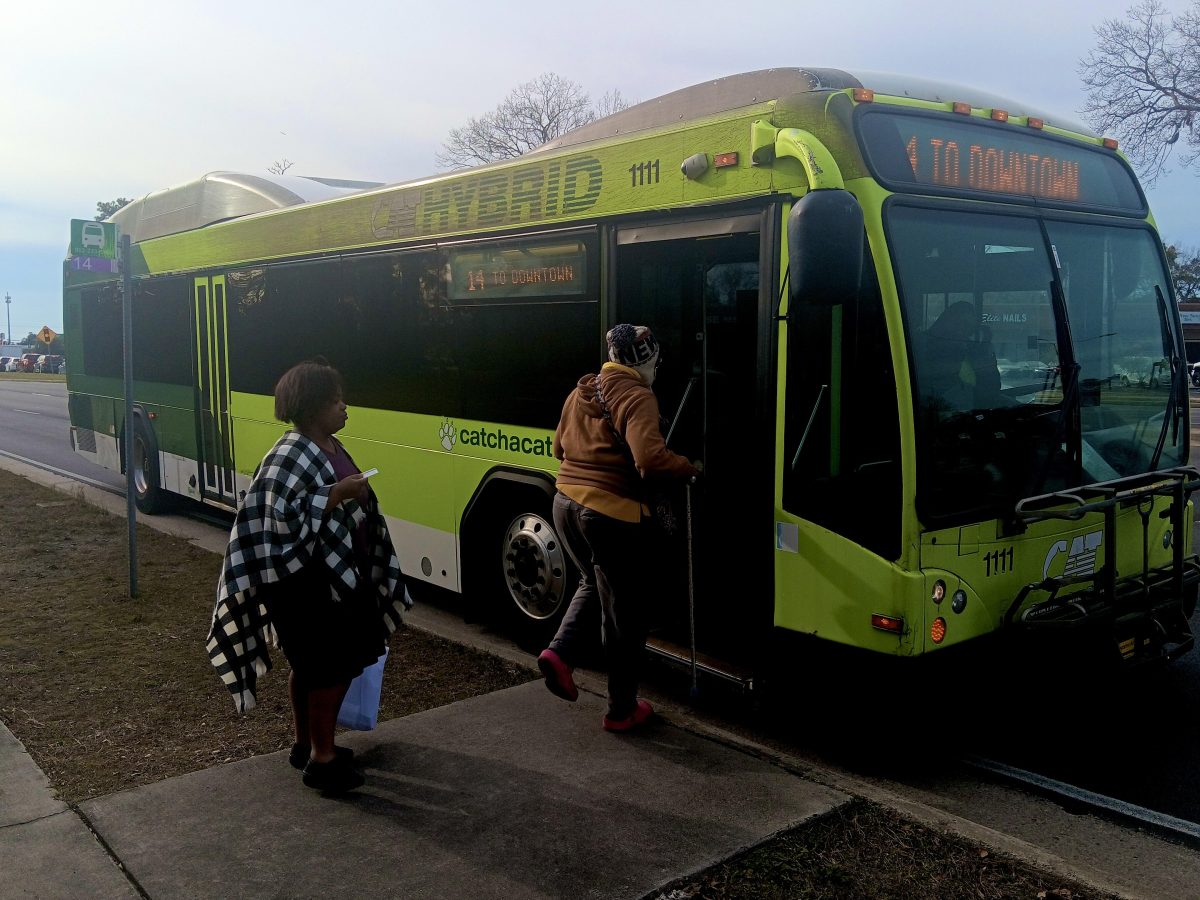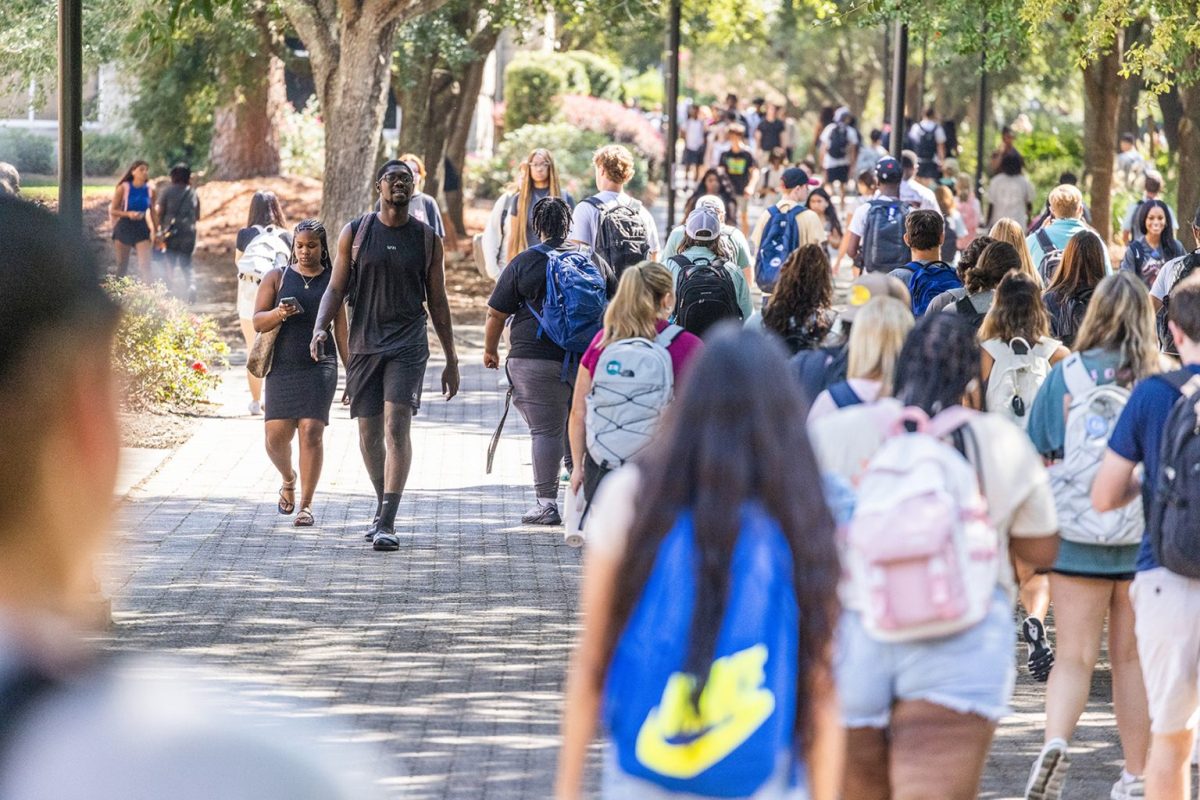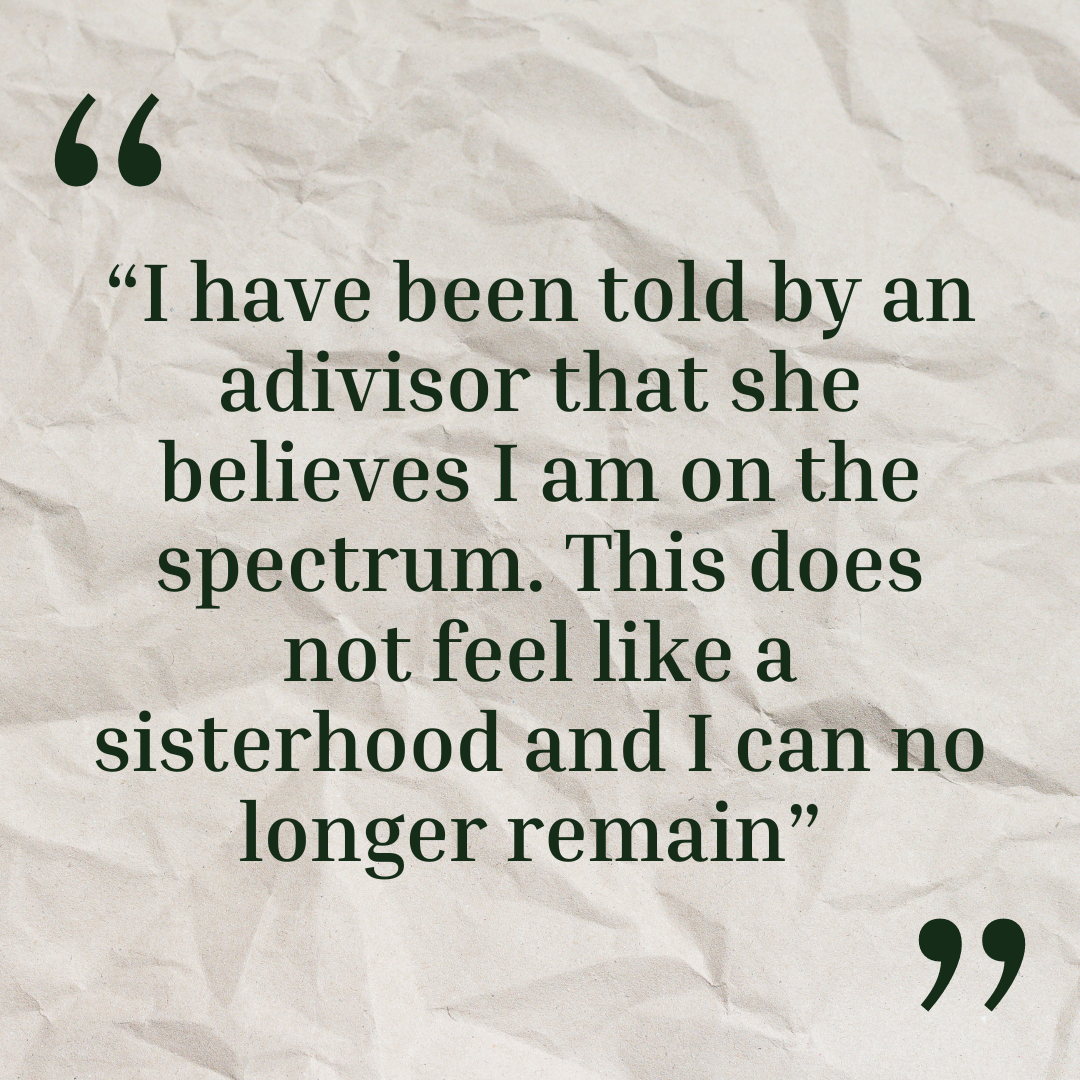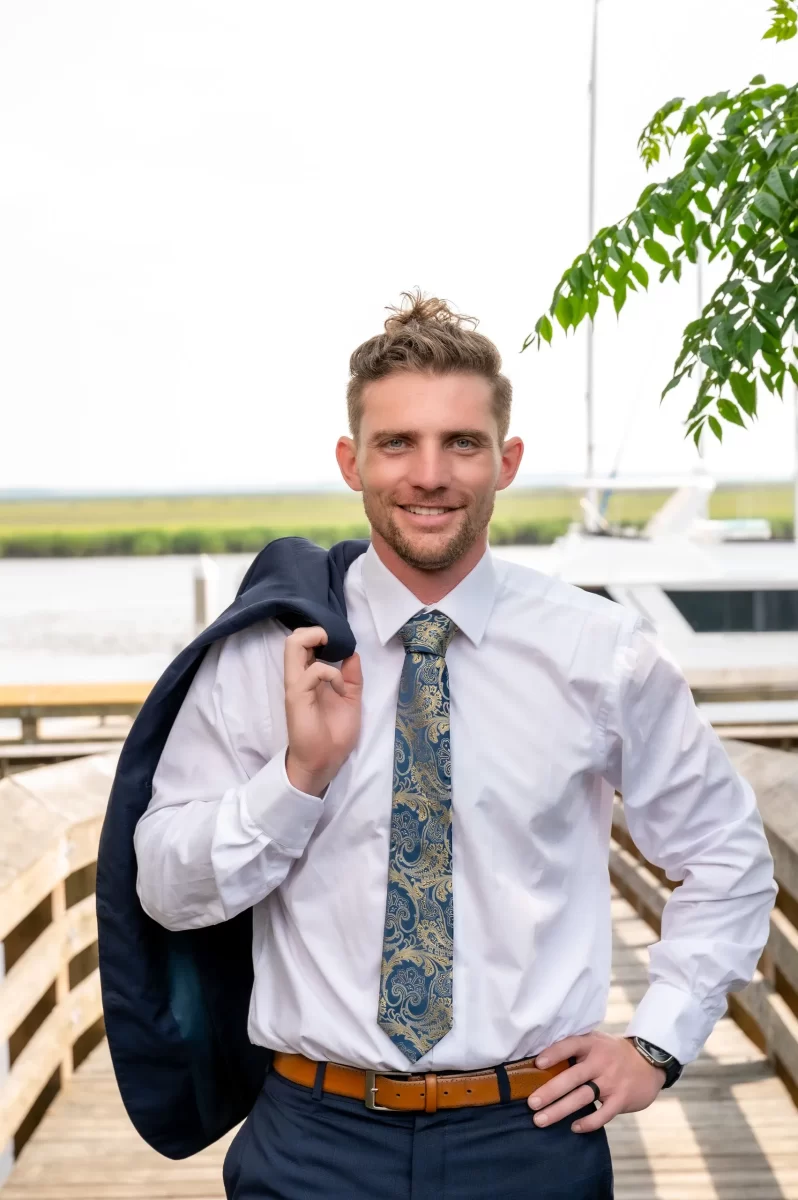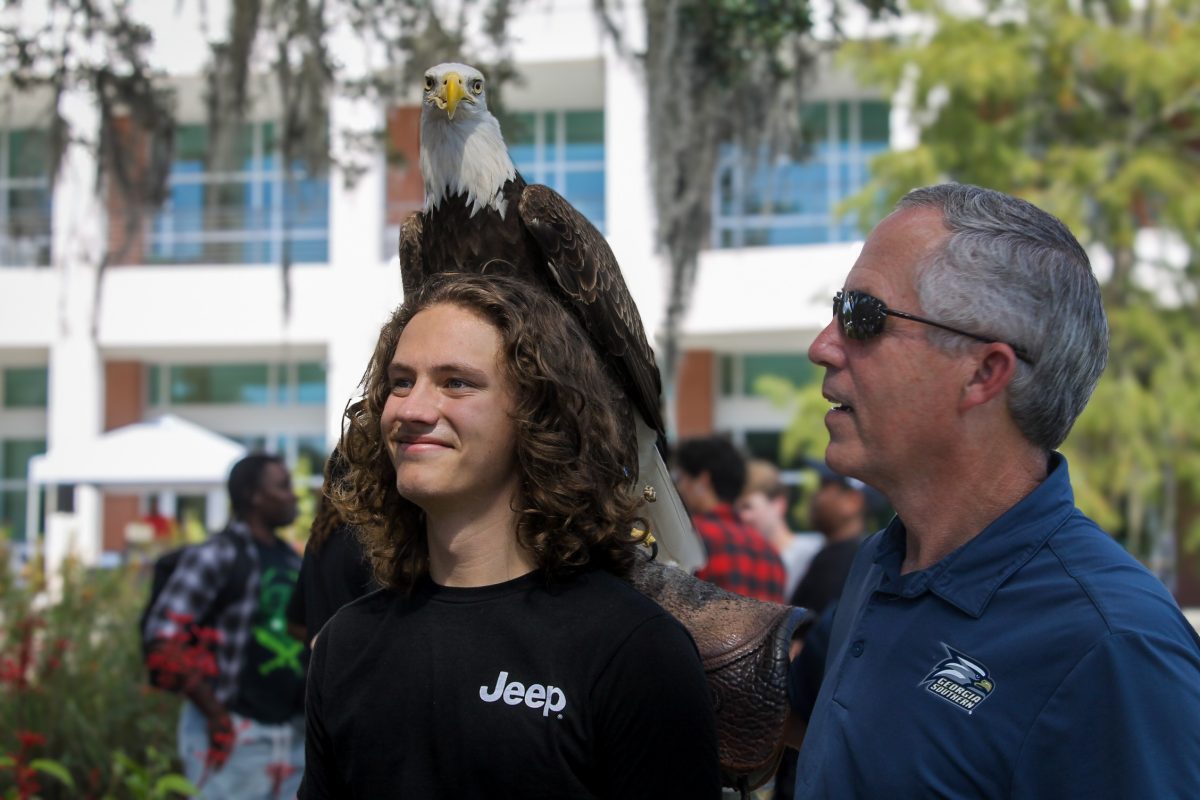James Watson, Staff Writer

Wayne R. Willcox came to Armstrong in 2009. Formerly the Piqua, Ohio Chief of Police, Willcox said he knew that there was a perception of university police as inferior to traditional police officers. But after a complete overhaul of the way his ASU officers approach their job, Willcox has left no path for that perception to continue.
Willcox began his tenure as Armstrong State Chief of Police with a department in turmoil. When he started, he was told he needed to keep his officers “on campus and out of Savannah.” Willcox also recalled being told that his department was filled with “screwups” and was “dysfunctional.” ASU police were involving themselves in off-campus traffic duty and SCMPD crime scenes, said Willcox.
“We got rid of a whole lot of people,” said Wayne, shortly after relaying that he is now the longest working officer on the force. Willcox said that at the time of his hire the ASU police were not connected to the criminal justice system or to the community and students.
Addressing the lack of connection with the criminal justice system head-on, Wayne was determined to take reins of the cyber forensic department at ASU, which was having problems. After being denied three times, Willcox was allowed to take over the program.
Starting in 2013, the Cyber Forensics Division (CFD) has grown from an idea to a full fledged program. Wayne sent his officers to training for cyber forensics immediately. “They had to go back to school to pick up skills,” said Willcox.
Now, all incoming Armstrong officers are trained in cyber forensics, said Autumn Taylor, Armstrong digital forensics investigator and Willcox’s administrative assistant. Taylor explained that at the time of its formation, the CFD lab was unfunded. “Wayne built this with zero university funding,” Taylor said while standing among an array of cyber forensic devices, computer monitors, and other technology.
The lab has a wide variety of program and equipment at its fingertips to help with a number of tasks including retrieving deleted data, file authentication and data wiping services. Specialized equipment such as The Forensic Recovery of Evidence Device, also known as FRED, or Cellebrite, which is designed to retrieve data from mobile phones, all have special uses that come in handy to the investigators. “There is no tool that’s perfect, so we use multiple tools,” said Taylor.
Just as the CFD deals with a lot of technology, they are also involved in crime, from payroll fraud to murder, or even child pornography. “99 percent of crime has a digital element,” said Taylor, chuckling. “People do love to take pictures of themselves doing crimes. . . it’s awesome.”
After being approached by the FBI for help, Willcox’s team was able to retrieve encrypted information that was pertinent to a case, an achievement they were given a commendation for by the FBI after several other local and national groups had failed to do the same. The ASU cyber forensics team has now helped to reduce the cyber forensics backlog in Georgia from 12 months to only 30 days, and has completed 560 different cases, these cases often involving multiple devices.
“The next step is connecting this to our students,” Willcox said about the CFD. After starting an internship program in 2013, Wayne’s department is now able to train 24 to 30 students a semester in cyber forensics. This training certifies each student with Access Data, a top US cyber forensics company. Willcox lists awards for his department from federal, local, state, and even one international group.
Willcox has addressed on-campus community connection with a number of programs, ranging from “Cooking with Cops” to “Cops and Critters.” Each one is designed as an educational experience but “at the core of it it’s about starting relations,” said Willcox. He ranks ASU as the safest campus in Savannah, and attributes it to officer-student communication.
The department also participates in off-campus community outreach programs. By using their mobile lap, a number of laptops loaded with cyber forensic technology, the department connects with high-school and middle-school students by teaching them cyber forensic techniques.
“Law enforcement has a problem right now,” Willcox said, addressing the recent disconnect between police officers and the national community. Willcox sends all of his officers to classes which train them to “talk, not fight.”
Willcox’s forward thinking is reflected in his actions and words. “Police are supposed to be problem solvers. . . community assets,” he said. “We need to find ways to get these people [police officers] out of their cars.”
Chief Wayne Willcox will be on the panel for the Sept. 27 Campus Conversation: 21st Century Policing. He will be joined by Chatham County District Attorney Meg Heap, Savannah-Chatham Metropolitan Police Chief Joseph Lumpkin and Chatham County Sheriff John Wilcher.

